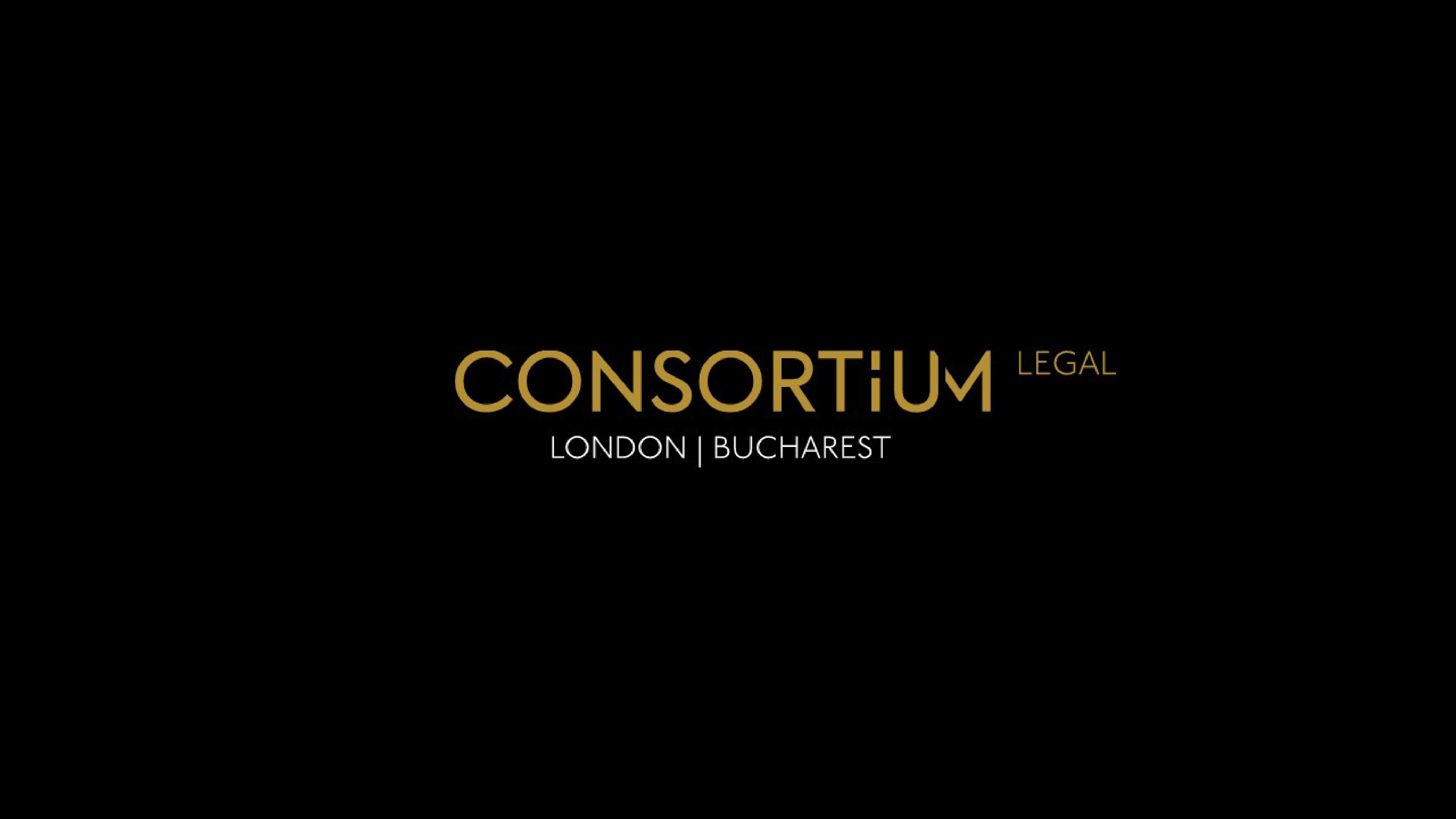Best ADR Mediation & Arbitration Lawyers in London
Share your needs with us, get contacted by law firms.
Free. Takes 2 min.
List of the best lawyers in London, United Kingdom
About ADR Mediation & Arbitration Law in London, United Kingdom
The Alternative Dispute Resolution (ADR) process in London is categorized into two main forms- Mediation and Arbitration. While both aim to resolve disputes outside the court system, they are carried out differently. Mediation involves a neutral third party (the mediator) who facilitates discussions and tries to help parties reach a mutual agreement. On the other hand, Arbitration more closely resembles a court process where an arbitrator hears both parties and makes a binding decision, in most cases. ADR processes, especially Arbitration, are popular in London due to its reputation as a global hub for dispute resolution. British law has consistently supported and encouraged ADR as a cost-effective and efficient means of resolving disputes.
Why You May Need a Lawyer
Although the ADR process is designed to promote ease and effectiveness, it can be complex and may require legal assistance. An experienced lawyer can provide valuable guidance while handling mediation or arbitration in matters such as commercial disputes, family disputes, or employment issues. Attorneys can help negotiate fair terms during mediation or represent you effectively during an arbitration hearing. Additionally, lawyers can help with drafting and reviewing contracts with ADR clauses, advising on legal rights, and guiding on procedural rules.
Local Laws Overview
Arbitration in London is primarily governed by the Arbitration Act 1996. This Act encourages parties to resolve their issues without court intervention, but still provides avenues for courts to intervene in cases such as serious irregularity in the proceeding or point of law challenges. As for Mediation, there is no specific statute, but it is strongly advocated by the courts and procedural rules often provide for consideration of ADR methods.
Frequently Asked Questions
What is the difference between Mediation and Arbitration?
Mediation involves negotiation facilitated by a neutral third party to reach a mutual agreement, whereas in Arbitration, a third-party arbitrator makes a decision usually binding on the parties.
How long does a Mediation or Arbitration process take?
The duration varies depending on the complexity of the issue and the willingness of the parties to reach a resolution, usually it's quicker than traditional court processes.
Does an arbitrator's decision have legal force?
Generally, yes. The arbitrator's decision is commonly binding and enforceable by law, similar to a court judgment.
Can I appeal against an Arbitration decision?
Appeals are limited and only possible under certain circumstances outlined by the Arbitration Act, such as serious procedural irregularity or point of law challenge.
Can a court compel parties to Mediation or Arbitration?
While a court cannot force parties into these processes, they strongly advocate for ADR and parties often include ADR clauses in their contracts.
Additional Resources
For additional help and resources, you can reach out to local organizations like the London Court of International Arbitration (LCIA) or the Centre for Effective Dispute Resolution (CEDR). Visit the Her Majesty's Courts and Tribunals Service (HMCTS) website for guides and government publications on ADR.
Next Steps
Should you require legal assistance in ADR Mediation & Arbitration, consider engaging an experienced commercial or family law lawyer depending on the context of the dispute. Make sure to approach a law firm that specializes in ADR processes to maximize the benefits offered by these methods.
Lawzana helps you find the best lawyers and law firms in London through a curated and pre-screened list of qualified legal professionals. Our platform offers rankings and detailed profiles of attorneys and law firms, allowing you to compare based on practice areas, including ADR Mediation & Arbitration , experience, and client feedback.
Each profile includes a description of the firm's areas of practice, client reviews, team members and partners, year of establishment, spoken languages, office locations, contact information, social media presence, and any published articles or resources. Most firms on our platform speak English and are experienced in both local and international legal matters.
Get a quote from top-rated law firms in London, United Kingdom — quickly, securely, and without unnecessary hassle.
Disclaimer:
The information provided on this page is for general informational purposes only and does not constitute legal advice. While we strive to ensure the accuracy and relevance of the content, legal information may change over time, and interpretations of the law can vary. You should always consult with a qualified legal professional for advice specific to your situation.
We disclaim all liability for actions taken or not taken based on the content of this page. If you believe any information is incorrect or outdated, please contact us, and we will review and update it where appropriate.

















